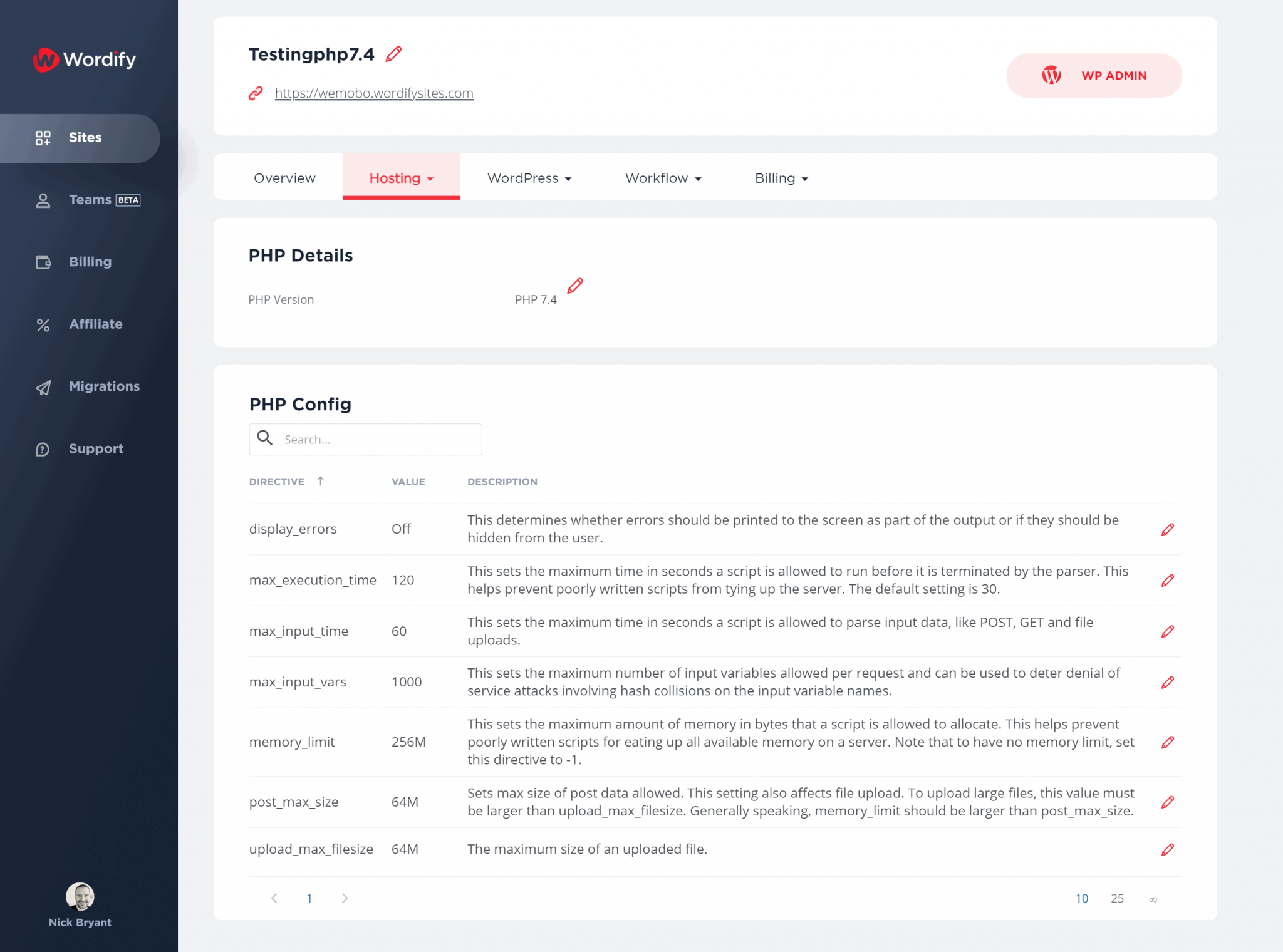
Note that if there is a number of sentences having substantially the same meaning (subject to an equivalence measure provided by the user), our summarizing technology only displays one of these thereby making for a much more powerful summaries than can be achieved by conventional methods. By using our legal, scientific and business dictionaries, even complex material can be summarized successfully. Our summaries use abduction, do not require any prior training or ontologies, are produced on the basis of semantic relevance and do NOT use word-frequency at all, which is not a reliable method since important material might not be mentioned often enough and could be missed by conventional methods. Our system replaces ALL words so the final text uses this 1,000 words vocabulary. Other methods of rewording or paraphrasing text typically change only those words or phrases they have a ready replacement for but leave many words untouched, so that the final vocabulary is unpredictable. This approach allows for infinite expressiveness using a FIXED finite vocabulary.

This approach is also ideal as a pre-processing step in Big Data, Machine Learning and Artificial Intelligence, and we have found it so useful in these applications that we have now made the service available to the general public. Premium and Platinum subscribers are able to generate reduced-vocabulary texts from any source language available on Google translate. Making sense of text having a reduced vocabulary, with complex words explained in footnotes, is much easier than reading the original full-vocabulary version in many cases even if translation into other languages is done for those whose mother tongue is not English. Ogden's Basic English, and explaining in footnotes, using this basic vocabulary, more complex words (currently, a 35,000-word advanced dictionay is employed).

Simplification is achieved by paraphrasing the original text using a working vocabulary of 1,000 words based on C.K.


 0 kommentar(er)
0 kommentar(er)
